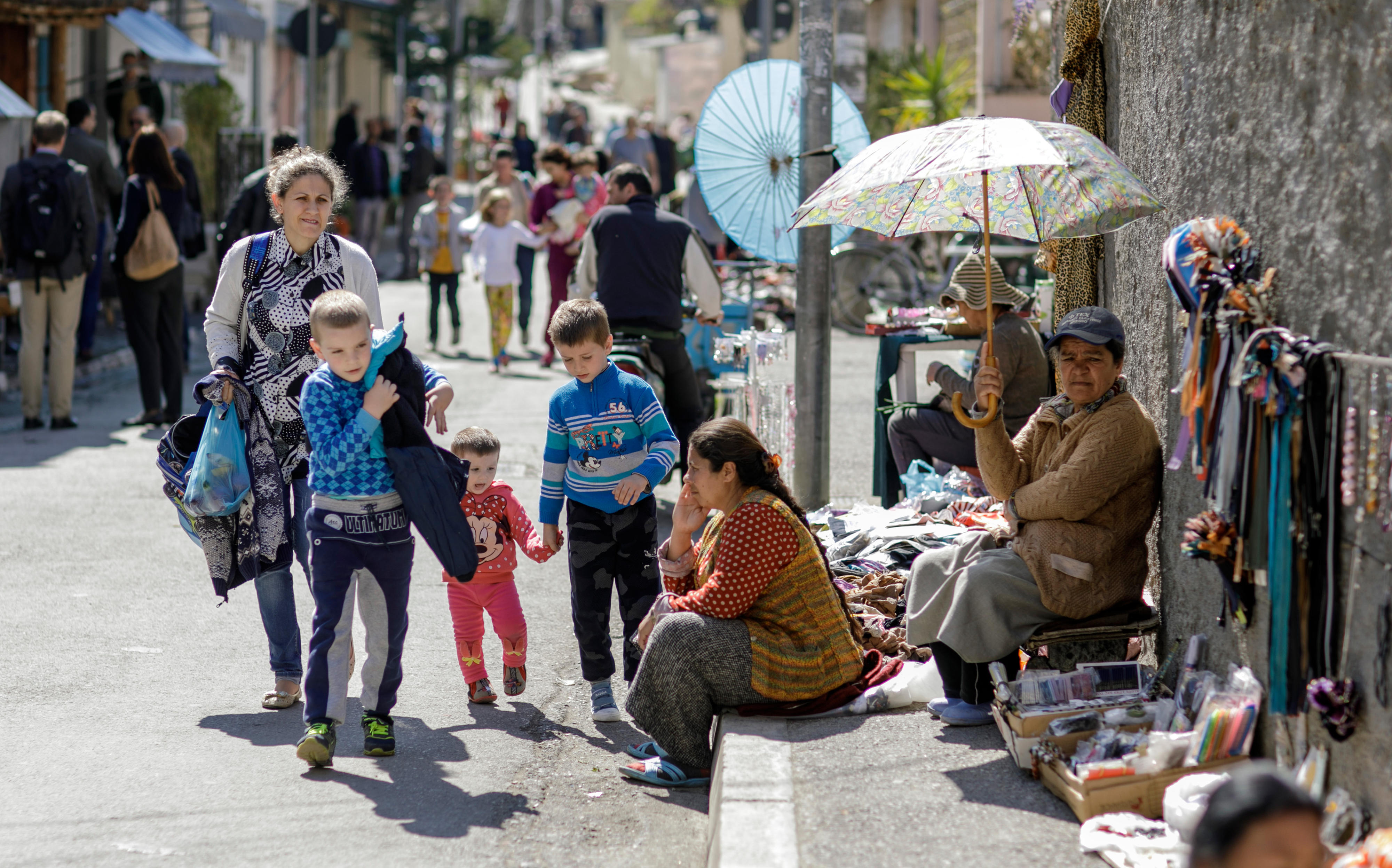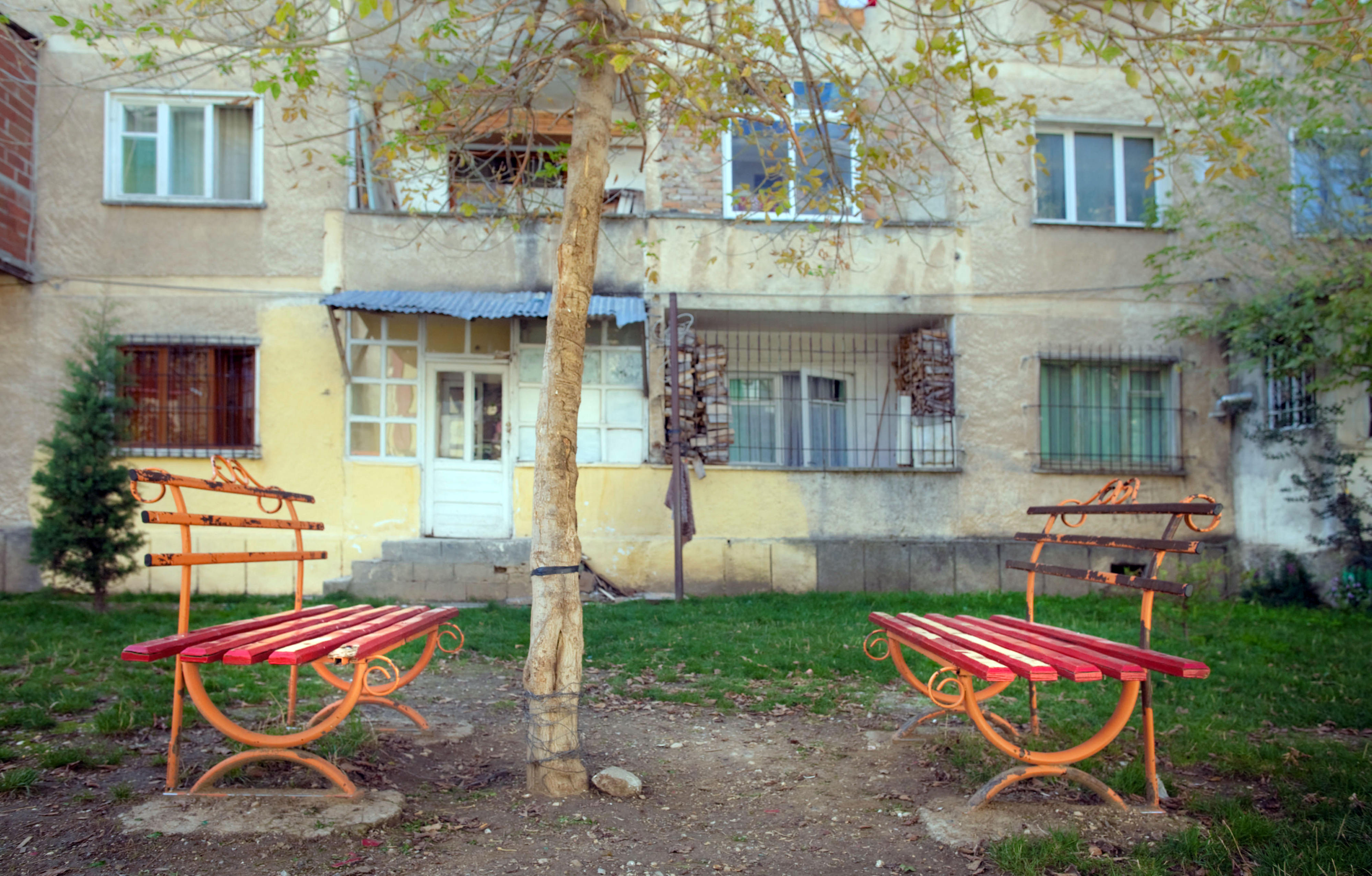Social situation Poverty and lack of opportunities
Street traders in Tirana, Albania
Migration
Economic development is centred round the urban areas of Tirana and Durrës. In 2011, around 54 per cent of Albania’s population lived in urban areas, reaching 63 per cent in 2021. The UN estimates that, by 2050, this rate will have reached 80 per cent. In rural areas, people have very few economic opportunities. There is a lack of education and training opportunities. Basic infrastructure is poorly developed. Many people therefore migrate to cities or to other countries. Remittances of emigrants account for around ten per cent of Gross National Product.
The BMZ assists Albanian migrants in Germany as they voluntarily return to Albania and establish a livelihood for themselves.
Human rights
Albania has ratified most international conventions on fundamental rights, but actual protection of these rights still needs to be improved. Challenges include violence against women, which is widespread, as well as child labour. Ethnic minorities, especially Roma, are suffering discrimination and often have less access to government services, housing, education and jobs.
Two old red benches in the garden of a house in Pogradec, Albania
As at: 16/06/2023

